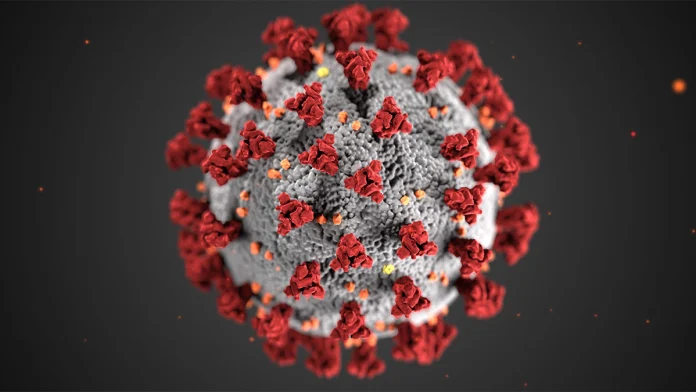In July 2021, Indians were concerned after officials revealed that a new COVID-19 variant from Singapore might have a greater impact on children. Because of this, countries acted quickly on diplomacy, and inaccurate reports began circulating online. Supposedly, health agencies in Singapore and India rapidly explained the scientific facts and highlighted why data-backed communication is important in public health situations.
Causes of the Concern
Some Indian media and politicians initially created a controversy by describing a Singapore COVID-19 strain to suggest it was riskier for children and could be responsible for a third wave in India. They attracted interest, and the Singapore government quickly stated clearly that there was no new variant developed on their soil.
The Ministry of Health stated that the cases announced during that time were due to the Delta variant (B.1.617.2), discovered in India, not a new strain from Singapore. School children became more infected, which led to the city-state closing schools and reimposing some social restrictions.
Scientific Context
The Delta variant, now known as the leading variant worldwide, spread much more easily than earlier ones and was found to impact even children. Still, no solid research indicated that it resulted in more severe disease only in children. Initially, the confusion was caused by what clinicians noticed during regional surges, not by any unusual mutations in the virus.
Thanks to Singapore’s widespread testing and genetic monitoring, it has successfully monitored variants over time. India’s health officials and medical experts reported that the variant found in Singapore was the same Delta version that has spread widely in India.
What Governments and People Think
The Singaporean government asked for a retraction and called India’s High Commissioner to meet over the unfounded claims. Officials at the Ministry of External Affairs underscored that the opinions expressed were not official statements of India.
The story highlighted how delicate international health discussions can be and why it’s important to be accurate in speaking about variants and where the virus began.
Ideas to guide Public Health Communication
Several important lessons were drawn from this incident involving Singapore and India.
1. Naming variants wrongly after countries can affect international relationships and spread incorrect information.
2. While children may get COVID-19, usually with the most contagious variants, no one has found evidence that the disease causes unique severe illness in them for specific variants at that time.
3. International Partnership Matters: COVID-19 has proven that viruses can spread around the world. Working together across borders and sharing precise information helps to control infectious diseases.
The situation of India in 2025 is as follows:
At this time, both Singapore and India are doing well in their COVID-19 response due to widespread vaccination, strong public health services, and constant monitoring. Rather than using country names, the World Health Organization now uses Greek letters for variants, making it easier to speak about them around the world.
Conclusion
The issue of the Singapore COVID-19 variant turned out to be more about how public health messages should be shared than a new scientific development. The message was that governments, the media, and the public should accept accurate medical facts and try not to make health emergencies political. While countries prepare to face emerging infectious diseases, the most important steps remain being open, collaborating, and presenting messages with care.


